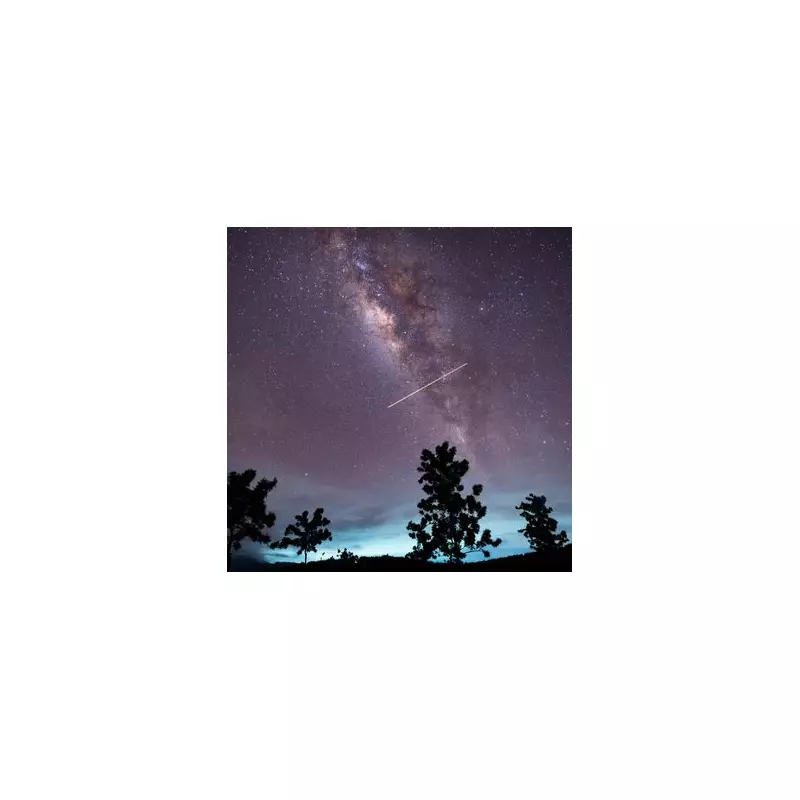
The heavens are preparing to put on a spectacular show for British stargazers as the annual Orionid meteor shower reaches its dazzling peak tonight. This celestial event promises to transform the night sky into a natural fireworks display that's completely free to watch.
When and Where to Catch Nature's Light Show
For optimal viewing, astronomers recommend looking skyward between midnight and dawn on Saturday morning. The meteor shower will be visible across the entire United Kingdom, weather permitting, with up to 25 shooting stars streaking across the sky every hour at its peak intensity.
Royal Museums Greenwich astronomer Anna Ross explains: "The Orionid meteor shower is active throughout October but typically reaches its maximum around the 21st/22nd. This year the peak occurs just one day after the full moon, meaning observing conditions won't be perfect, but it's still absolutely worth watching."
The Cosmic Origins of This Spectacle
These celestial visitors aren't random space rocks but rather debris from one of the most famous comets in history. The Orionids are actually tiny fragments from Halley's Comet, which last graced our skies in 1986 and won't return until 2061.
As Earth orbits through this cosmic debris field, these particles collide with our atmosphere at incredible speeds of approximately 41 miles per second. The resulting friction causes them to burn up, creating the brilliant streaks of light we know as shooting stars.
Top Tips for Meteor Watching Success
- Find the darkest location possible, away from city light pollution
- Allow your eyes at least 15-20 minutes to adjust to the darkness
- Look toward the southeast, where the constellation Orion will rise
- No special equipment needed - just lie back and watch the entire sky
- Dress warmly and bring a comfortable chair or blanket
- Be patient - meteor showers occur in bursts rather than constant streams
While moonlight may slightly diminish this year's display, the Orionids are known for their brightness and speed, often leaving glowing "trains" in their wake. For those who miss tonight's peak, the shower will remain active until November 7th, though with diminishing frequency.
This astronomical event offers a perfect opportunity to reconnect with the night sky and witness one of nature's most breathtaking free shows. So set your alarms, wrap up warm, and prepare to be amazed by the cosmic spectacle unfolding above Britain tonight.





